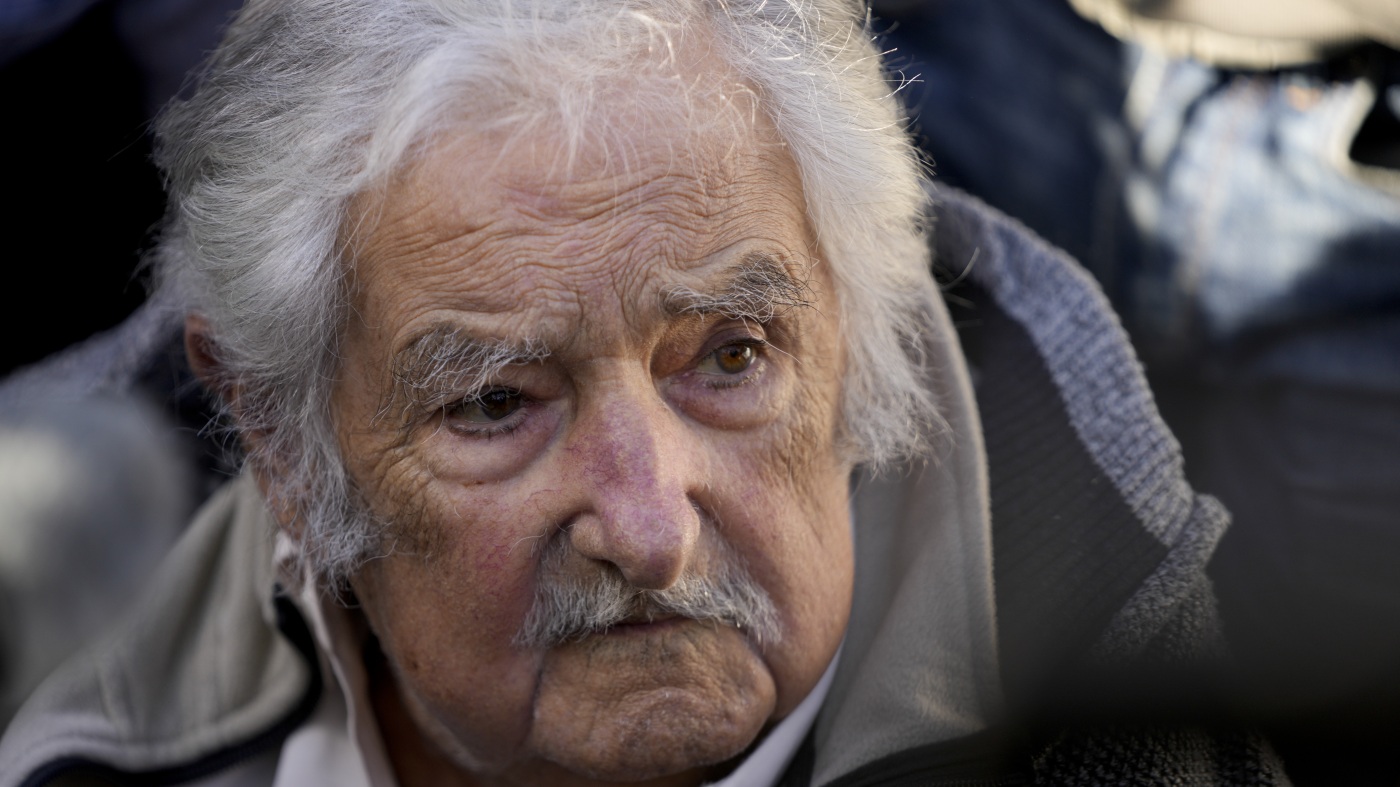The Legacy of José Mujica
A Life of Contrasts and Commitment
José Alberto “Pepe” Mujica Cordano, born on May 20, 1935, embodied a life of stark contrasts. His transformation from a charismatic guerrilla fighter to the president of Uruguay is a vivid illustration of his unwavering dedication to his principles. Mujica’s early years were shaped by poverty and activism. In the 1960s, he joined the Tupamaros, a Marxist revolutionary group, engaging in armed resistance against the Uruguayan government. This period of his life was marked by imprisonment and torture, experiences that only strengthened his resolve and commitment to social justice.
The World’s “Poorest” President
When Mujica took office as the president of Uruguay in 2010, he brought a unique and refreshing approach to leadership. His austere lifestyle, which included residing on a modest farm and donating most of his income, earned him the title “the world’s poorest president.” This lifestyle was not a publicity stunt but a genuine reflection of his commitment to simplicity and equality. Mujica chose to live in a humble house rather than the presidential palace, drove an old Volkswagen Beetle, and shunned the typical perks of high office. His actions sent a powerful message about the disconnect between political power and personal wealth, resonating deeply with people worldwide.
A Leader of the People
Mujica’s presidency was characterized by a deep connection with the people he served. He was known for his accessibility and approachability, often engaging directly with citizens and addressing their concerns. This hands-on approach to leadership fostered a sense of trust and respect, making him a beloved figure both in Uruguay and beyond. His ability to connect with people on a personal level was a key factor in his success as a leader and in implementing his progressive reforms.
Progressive Reforms and a Vision for Equality
Mujica’s tenure as president was marked by a series of progressive reforms that positioned Uruguay as one of the most liberal democracies in Latin America. Under his leadership, Uruguay made history by legalizing same-sex marriage, decriminalizing abortion, and becoming the first country to legalize the production, sale, and consumption of marijuana. These reforms were not merely political gestures but part of Mujica’s broader vision of a society built on equality, freedom, and social justice.
Economic and Social Policies
In addition to his social reforms, Mujica implemented economic policies aimed at reducing inequality and promoting social welfare. His government invested heavily in education, healthcare, and social programs, ensuring that all citizens had access to basic necessities. These policies not only improved the quality of life for many Uruguayans but also reinforced Mujica’s commitment to creating a more equitable society.
A Philosophy of Simplicity
Mujica’s philosophy was deeply rooted in the value of simplicity. He frequently spoke about the dangers of consumerism and the need for a more balanced approach to life. His words and actions served as a call to reject the excesses of modern society and to embrace a more humble and sustainable way of living. This philosophy was not just about personal austerity but about creating a society where everyone has access to basic necessities and where wealth is distributed more equitably.
The Dangers of Consumerism
Mujica often warned about the pitfalls of consumerism, arguing that the relentless pursuit of material wealth leads to a shallow and unsatisfying life. He believed that true happiness comes from meaningful relationships, community, and a sense of purpose. His critique of consumer culture was a call to re-evaluate our priorities and to seek a more fulfilling and sustainable way of life.
A Global Influence
Mujica’s legacy extends far beyond the borders of Uruguay. His unpretentious style and progressive reforms earned him a global following and made him a symbol of humility and social justice. Even after leaving office, he continued to advocate for his beliefs, speaking out against consumerism and calling for greater simplicity. His impact on Uruguay and the world is immeasurable, inspiring countless people to question their own values and to strive for a more just and equitable society.
Inspiring Future Generations
Mujica’s life and work serve as an inspiration for future generations. His unwavering commitment to his ideals, despite the challenges and sacrifices he faced, is a testament to the power of conviction and courage. His legacy encourages young people to stand up for what they believe in and to work towards creating a better world.
A Life Well-Lived
Mujica’s life was a journey of courage, conviction, and humility. From his early days as a guerrilla fighter to his later years as a beloved world leader, he remained true to his ideals. His death at the age of 89, following a battle with esophageal cancer, marked the end of an era. Yet, his legacy lives on, inspiring future generations to carry forward his vision of a world founded on principles of simplicity, equality, and social justice.
Conclusion: The Enduring Influence of a Humble Leader
José Mujica’s life was a testament to the power of simplicity and conviction. His journey from a revolutionary fighter to a beloved president, and his unwavering commitment to his ideals, have left an indelible mark on Uruguay and the world. As we remember him, let us also remember his call to embrace simplicity, to reject excess, and to strive for a more just and equitable society. In doing so, we honor not just his legacy, but the enduring influence of a humble leader who dared to challenge the status quo and inspire a generation. His life serves as a reminder that true leadership is about serving others and standing up for what is right, even in the face of adversity. Mujica’s example challenges us to reflect on our own values and to work towards creating a world where simplicity, equality, and social justice are not just ideals, but realities.








